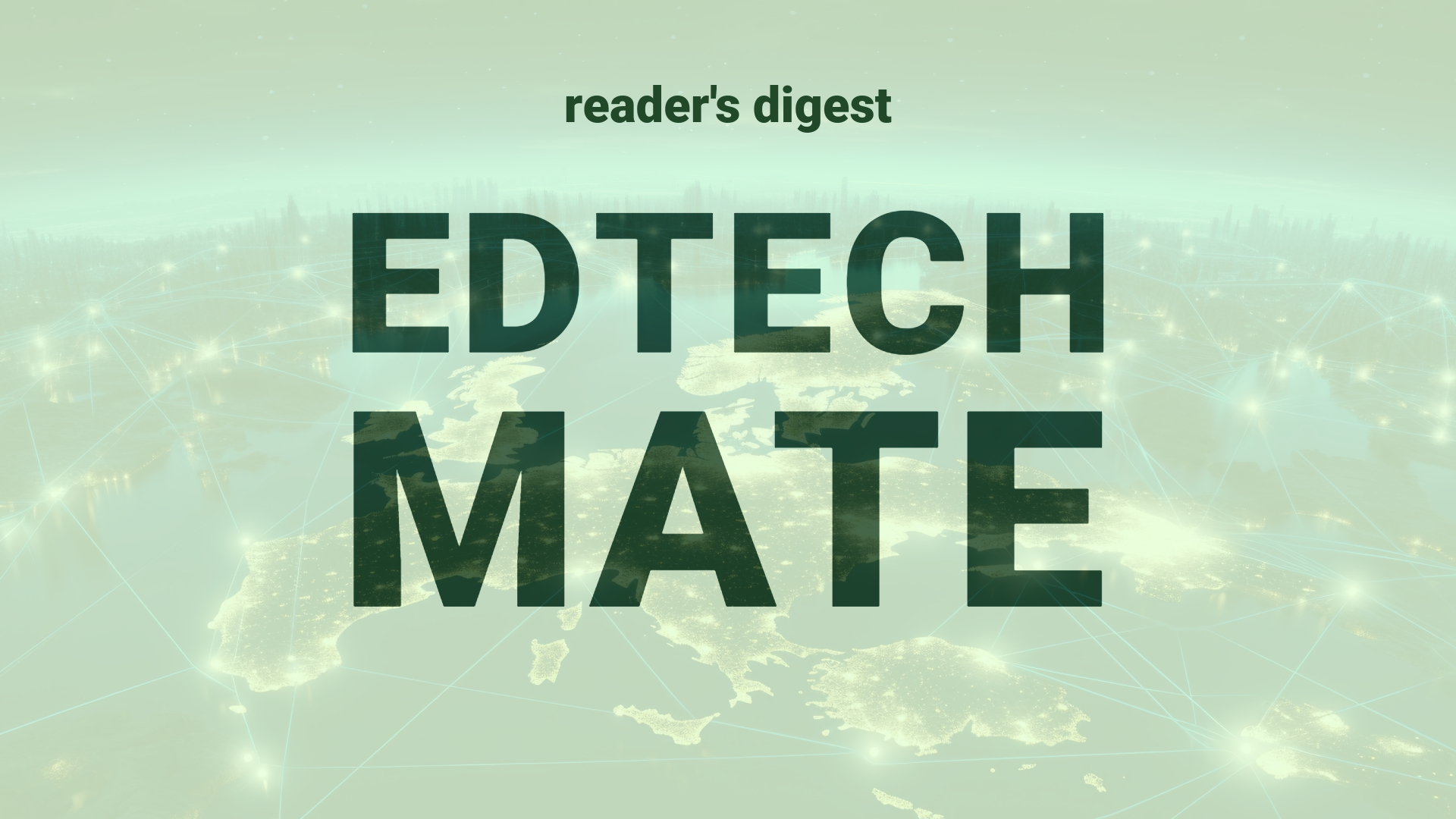Executive Summary and Main Points
Key innovations centered around the acquisition of Kyklo, a PIM (Product Information Management) specialty vendor by Epicor, indicate significant trends within the digital transformation of the supply chain in the manufacturing industry. Epicor aims to leverage Kyklo’s extensive product catalog to enhance their Epicor Commerce solutions, driving better product discovery and modernizing online buying experiences. This strategic move not only strengthens Epicor’s existing services but also positions it for market dominance by providing its customers with rich, specialized data, and potentially elevating industry standards through the integration of real-time, AI-enhanced decision-making processes.
Potential Impact in the Education Sector
The implications of Epicor’s acquisition for Further Education, Higher Education, and Micro-credentials include the potential for strategic partnerships between ERP vendors and educational institutions. By digitizing curriculum resources and enhancing data-driven decision-making, educational organizations could benefit from increased efficiency, improved resource management, and enhanced student experiences. Moreover, the focus on specialized, high-quality data could catalyze the development of precise, industry-aligned micro-credentials that prepare learners for the evolving demands of the digital economy.
Potential Applicability in the Education Sector
Innovations like Epicor’s could be adapted to global education systems through the application of AI and digital tools. AI-powered PIM systems can manage educational content, streamline the dissemination of learning materials, and enable real-time updates. This sophisticated approach to managing and utilizing educational data could transform how students access course content, how educational offerings are marketed, and even shape student recruitment strategies through improved data analytics.
Criticism and Potential Shortfalls
A critical analysis of this acquisition reveals worries about data monopolization and market dominance, which could stifle competition and innovation – concerns that also resonate in the education sector. For instance, if an educational technology company were to secure a similar level of control over curriculum content, it could lead to homogenized educational materials, potentially disregarding diverse learning needs and cultural contexts. International case studies show that monopolistic tendencies can result in reduced adaptability and increased costs, calling into question the ethical considerations of data ownership and usage in education.
Actionable Recommendations
For stakeholders in international higher education, it would be prudent to explore strategic collaborations with technology providers that prioritize data enrichment and modernization of learning platforms. Educational leaders should consider investing in AI and PIM capabilities to enhance the personalization and accessibility of learning materials. Additionally, establishing clear guidelines and ethical standards for data usage will be crucial to ensure that digital transformations in the education sector are inclusive and responsive to the varied needs of a global student body.
Source article: https://www.cio.com/article/2145899/epicor-buys-pim-vendor-kyklo-its-more-about-the-data.html

